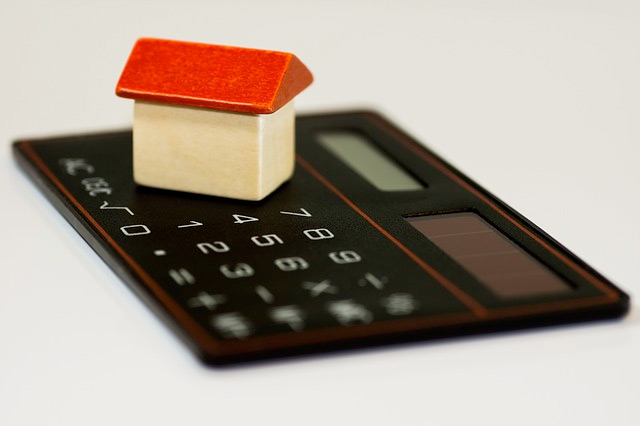What are the costs of conveyancing?
Posted on: 17/06/2021The legal side of selling a house is called conveyancing. The process ensures that for both parties involved in the sale, everything is done correctly and, most importantly, legally.
Conveyancing fees are split into two parts. There are legal costs for the work done by the solicitors, and disbursements, the additional one-off fees required for certain services such as property searches.
The number and amount of fees paid will vary, depending on whether you are the buyer or the seller.
In this article, we will look at:
- How Much Does Conveyancing Cost?
- Legal Fees in a Conveyance
- Disbursement Fees in a Conveyance
- When Do You Pay Conveyancing Fees?
- Do you still pay conveyancing fees if a sale falls through?
1. How much does conveyancing cost?
There is not set amount that solicitors will charge for the legal work. Also the cost of searches will differ depending on where the property is situated. Some locations require extra searches if they are near a coal mine or the river or the sea, or if they are built on former brownfield sites, where there might be the risk of contamination. These searches protect buyers from the consequences of making an uninformed decision.
Let's look at the 2 different types of fees:
2. Legal fees in a Conveyance
Legal fees cover the costs of work done by the solicitor. They vary in cost but typically range from around £700 to £1,600, although we have seen far greater. For more complicated transactions, for example, if a property is part of a leasehold agreement, as with most flats and maisonettes, the legal fees are likely to be more.
For those able to use the Help to Buy scheme, be aware that you may be charged more due to the additional legal work involved. This is often in the region of £200 - £300 extras.
3. Disbursement fees in a Conveyance
Disbursement fees, excluding stamp duty, are typically a series of smaller, individual fees. Stamp duty, on the other hand, can be a sizeable payment, based on a varying percentage of the value of the property being sold. Depending on how your solicitor operates, you may be asked to send individual payments for some or all of these, or they may roll them into their final legal fees invoice.
Some examples of other disbursements include:
- 3.1Title deeds. It costs £6 to obtain title deeds from the Land Registry. This fee applies to sellers. Leaseholds cost more than freeholds.
- 3.2Searches. These are relevant for buyers and include local authority searches to investigate things like environmental factors and a planning search to identify any planned local developments. On average these cost between £250 and £350
- 3.3Anti-money laundering checks. These are used to verify your identity. The cost is £6 to £25 but most likely will cost more if you live abroad and are buying in the UK.
- 3.4Property fraud check. This check ensures that your lawyer is legitimate, thus avoiding potential fraud. These cost around £10.
- 3.5Land Registry transfer. This costs between £200 and £300 and is the fee for the Land Registry transfer of the property into the buyers' name upon completion.
- 3.6Fund transfer fee. Transfer fees to your solicitor are generally in the region of £20 - £30.
4. When do you pay conveyancing fees?
Many solicitors require you to pay a deposit upon instruction with the remainder payable upon completion. This would be to cover their initial work and any costs. The amount is usually around £500 but can be less. You may be asked to pay for some additional items, such as searches, as and when they occur.
5. Do you still pay conveyancing fees if a sale falls through?
It is important to note that some solicitors charge you for work done up until the point that the sale process falls through, whilst others may offer a no-sale no-fee process, or waive the legal part of the fees and only charge for the disbursements. The latter may cost more overall for a successful sale, but they do offer an aspect of security.
Check with your chosen conveyancer before instructing them to clarify this point as various transactions do fall through.
If you would like to sell without paying any conveyancing costs, feel free to contact us here at Quick Property Buyer. We will pay all conveyancing costs.
UK property buyers for cash. Company Number: 12669628




